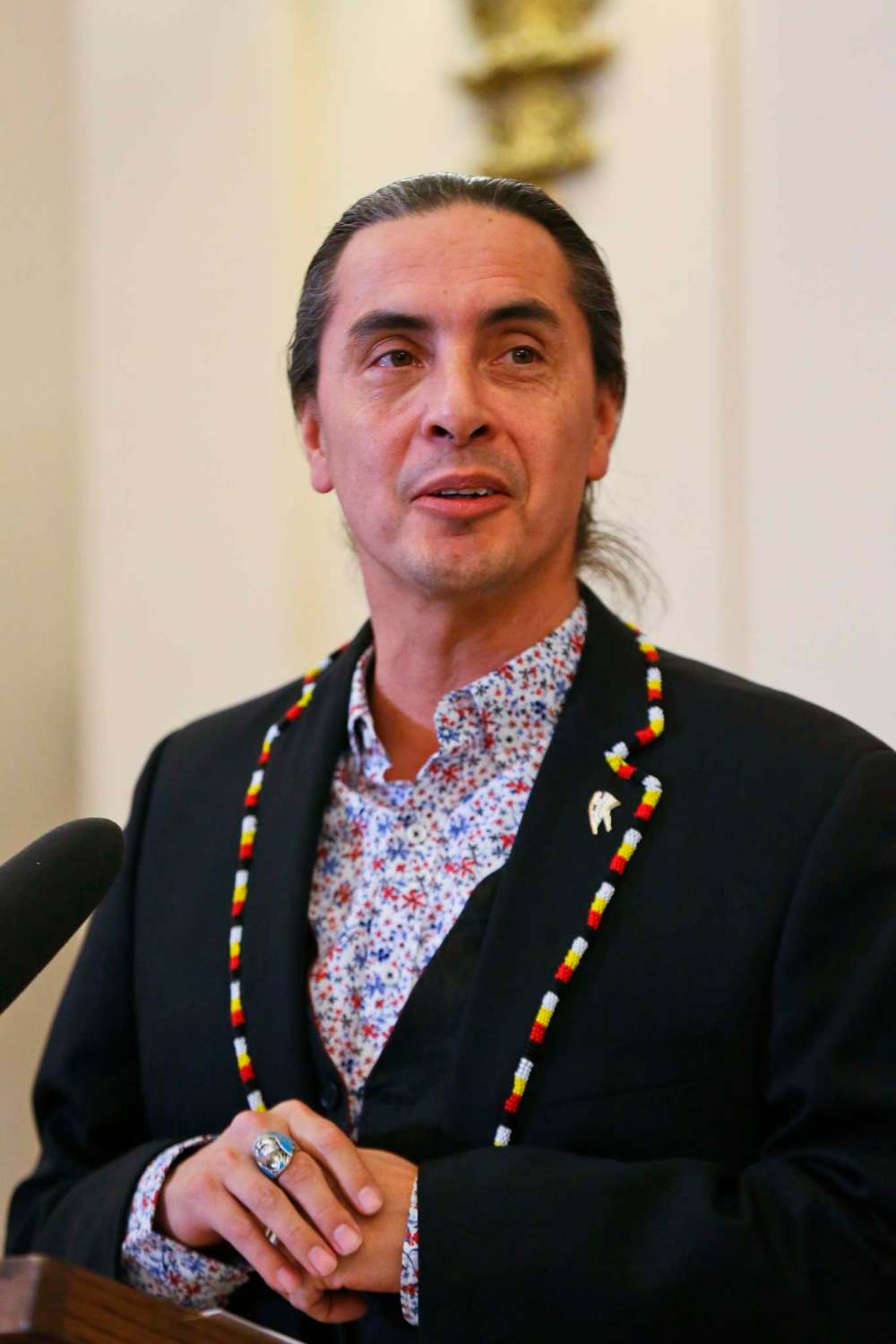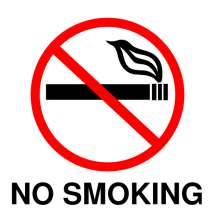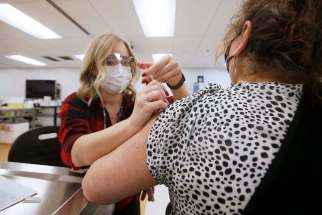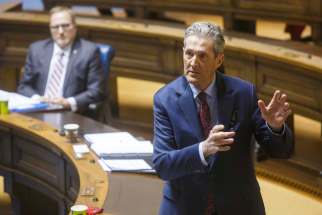Manitoba moves to expand public smoking ban to First Nations
Read this article for free:
or
Already have an account? Log in here »
To continue reading, please subscribe:
Monthly Digital Subscription
$0 for the first 4 weeks*
- Enjoy unlimited reading on winnipegfreepress.com
- Read the E-Edition, our digital replica newspaper
- Access News Break, our award-winning app
- Play interactive puzzles
*No charge for 4 weeks then price increases to the regular rate of $19.00 plus GST every four weeks. Offer available to new and qualified returning subscribers only. Cancel any time.
Monthly Digital Subscription
$4.75/week*
- Enjoy unlimited reading on winnipegfreepress.com
- Read the E-Edition, our digital replica newspaper
- Access News Break, our award-winning app
- Play interactive puzzles
*Billed as $19 plus GST every four weeks. Cancel any time.
To continue reading, please subscribe:
Add Free Press access to your Brandon Sun subscription for only an additional
$1 for the first 4 weeks*
*Your next subscription payment will increase by $1.00 and you will be charged $16.99 plus GST for four weeks. After four weeks, your payment will increase to $23.99 plus GST every four weeks.
Read unlimited articles for free today:
or
Already have an account? Log in here »
Hey there, time traveller!
This article was published 04/03/2021 (1741 days ago), so information in it may no longer be current.
Opening itself to a likely court challenge, the Pallister government has introduced legislation that would extend a ban against smoking and vaping in public places to First Nations communities.
The province’s mental health, wellness and recovery minister, Audrey Gordon, says Bill 56 would ensure all Manitobans are be able to live and work in a smoke-free environment, including those employed in First Nations casinos.
“What we want to do is decrease children’s and young people’s access and desire to begin smoking, and to help individuals who want to quit smoking to be able to do that, by creating environments where smoking and vaping does not occur,” she told reporters Thursday.
“It’s unfortunate that the Pallister government chooses to try and enact these measures in this way, veiled as a health issue.” – Arlen Dumas
The proposed Smoking and Vapour Products Control Amendment Act was one of 19 bills introduced — but not distributed — by the Progressive Conservatives in November. The contents of the one-page bill were released Thursday.
Arlen Dumas, grand chief of the Assembly of Manitoba Chiefs, described it as “very troubling,” “wrong-minded,” and outside the province’s jurisdiction.
He said, if passed, First Nations would fight the legislation in the courts.

“It’s unfortunate that the Pallister government chooses to try and enact these measures in this way, veiled as a health issue,” Dumas said in an interview.
A number of First Nations have already passed bylaws restricting smoking and vaping in public places, he noted.
First Nations received no advanced notice of the proposed legislation, Dumas said. Gordon did not mention the bill when she met with Dumas and other Indigenous leaders earlier this year, the grand chief said.
The bill would provide equitable access to healthy, smoke-free and vapour-free spaces across the province, the government said. Current legislation allowing for exceptions for the ceremonial or traditional use of tobacco would remain unchanged.
In 2015, the provincial health department commissioned a study which found smoking-related illnesses cost Manitoba $244 million a year.
NDP Leader Wab Kinew said while he’s personally against smoking, particularly in indoor public places, the province must respect Indigenous peoples’ rights.
“I think for (the government) to announce this bill without giving people in leadership positions in Indigenous communities the heads-up is the wrong approach,” he said.
“If this is a policy priority of the provincial government, they should be reaching out and carrying out consultations, because this is going to have impacts.”
“If this is a policy priority of the provincial government, they should be reaching out and carrying out consultations, because this is going to have impacts.” – NDP Leader Wab Kinew
Liberal Leader Dougald Lamont compared the province’s proposed legislation to Manitoba attempting to legislate the actions of North Dakotans or Saskatchewanians.
“The province doesn’t have a right to do this. First Nations have jurisdiction; they get to have their own say,” he said.
When asked about jurisdictional issues Thursday, Gordon emphasized restrictions against smoking and vaping are a health issue.
She promised future consultations with First Nations communities about the bill.
“We are going to have a very extensive engagement strategy that will be rolled out as early as next week.”
larry.kusch@freepress.mb.ca

Our newsroom depends on a growing audience of readers to power our journalism. If you are not a paid reader, please consider becoming a subscriber.
Our newsroom depends on its audience of readers to power our journalism. Thank you for your support.











